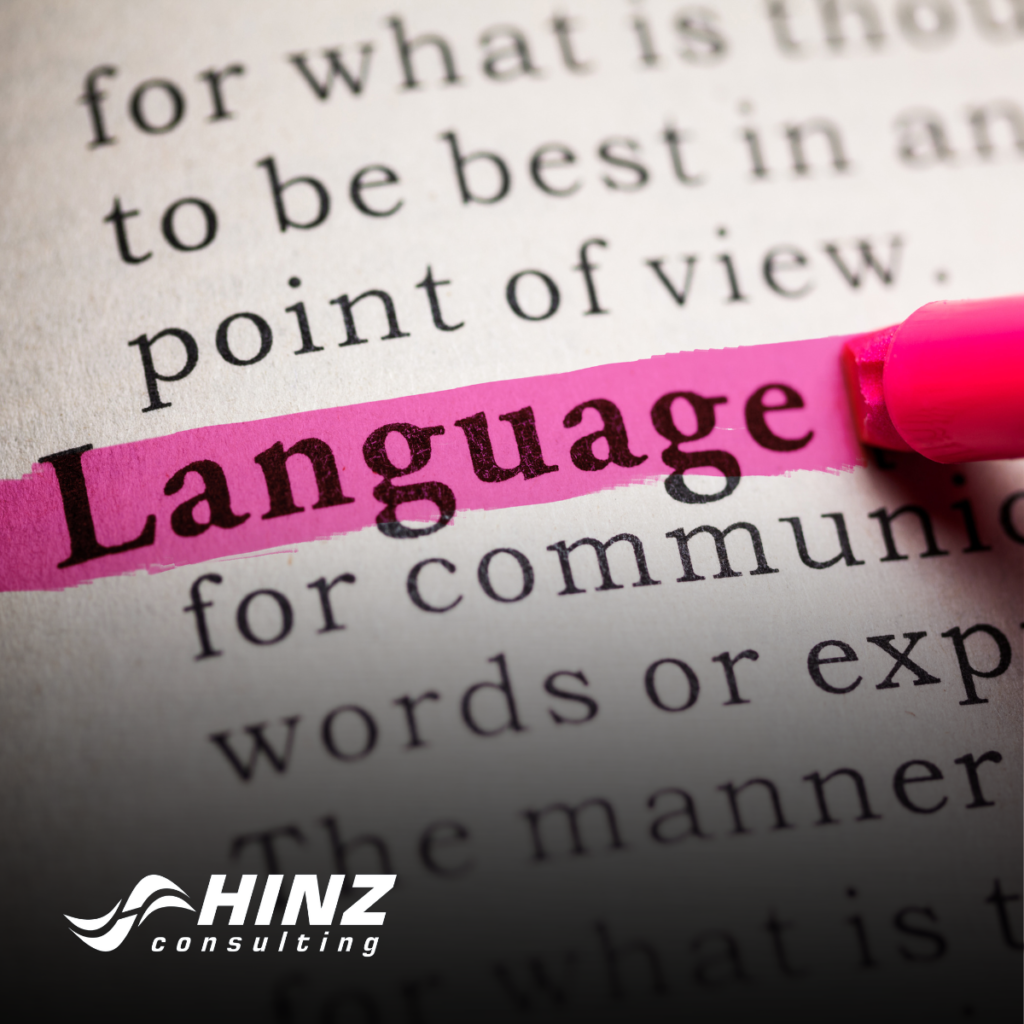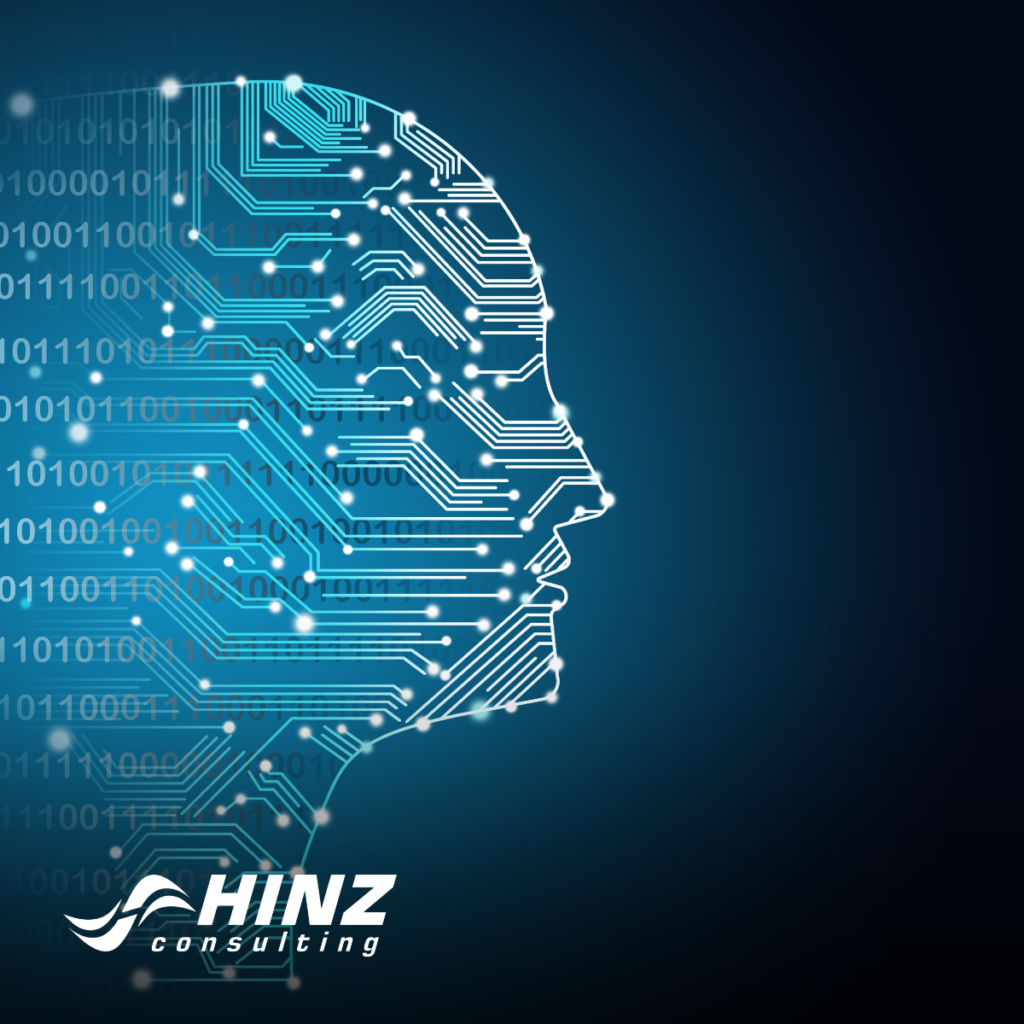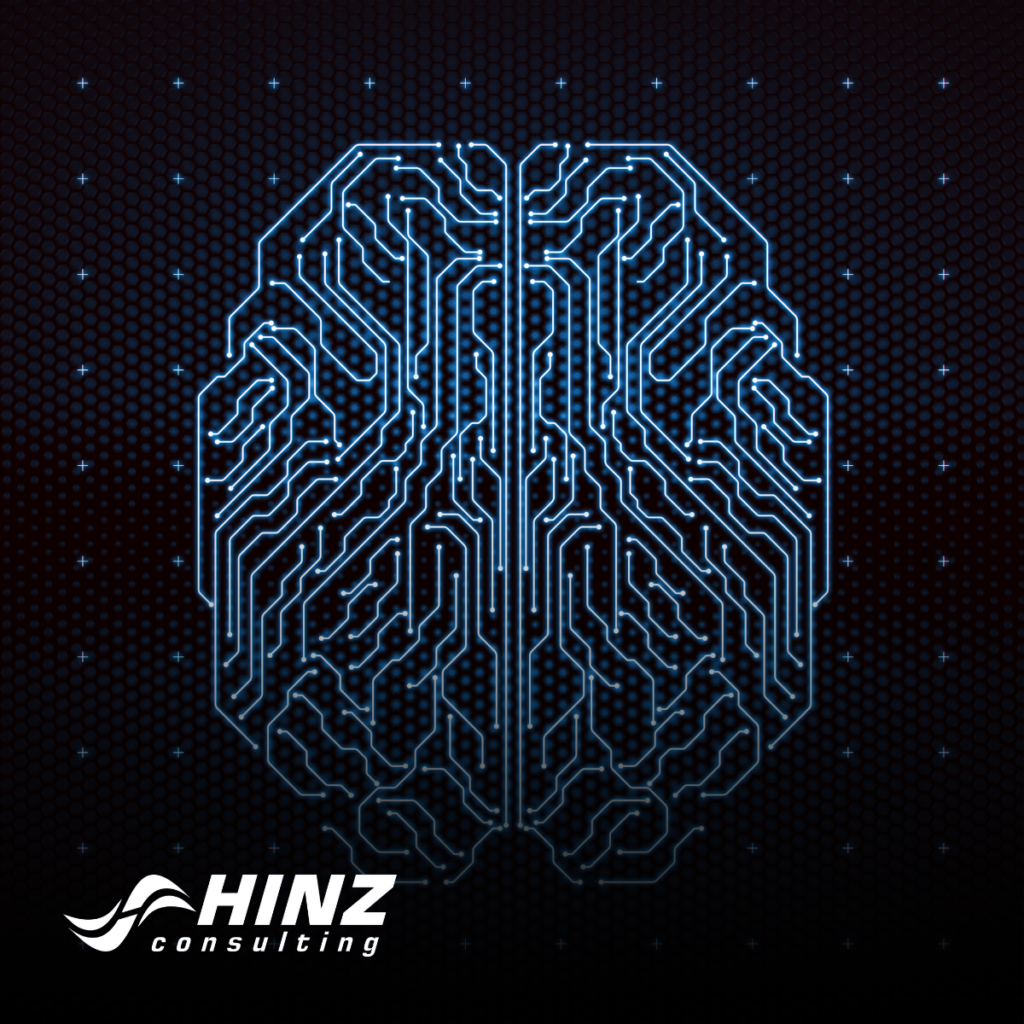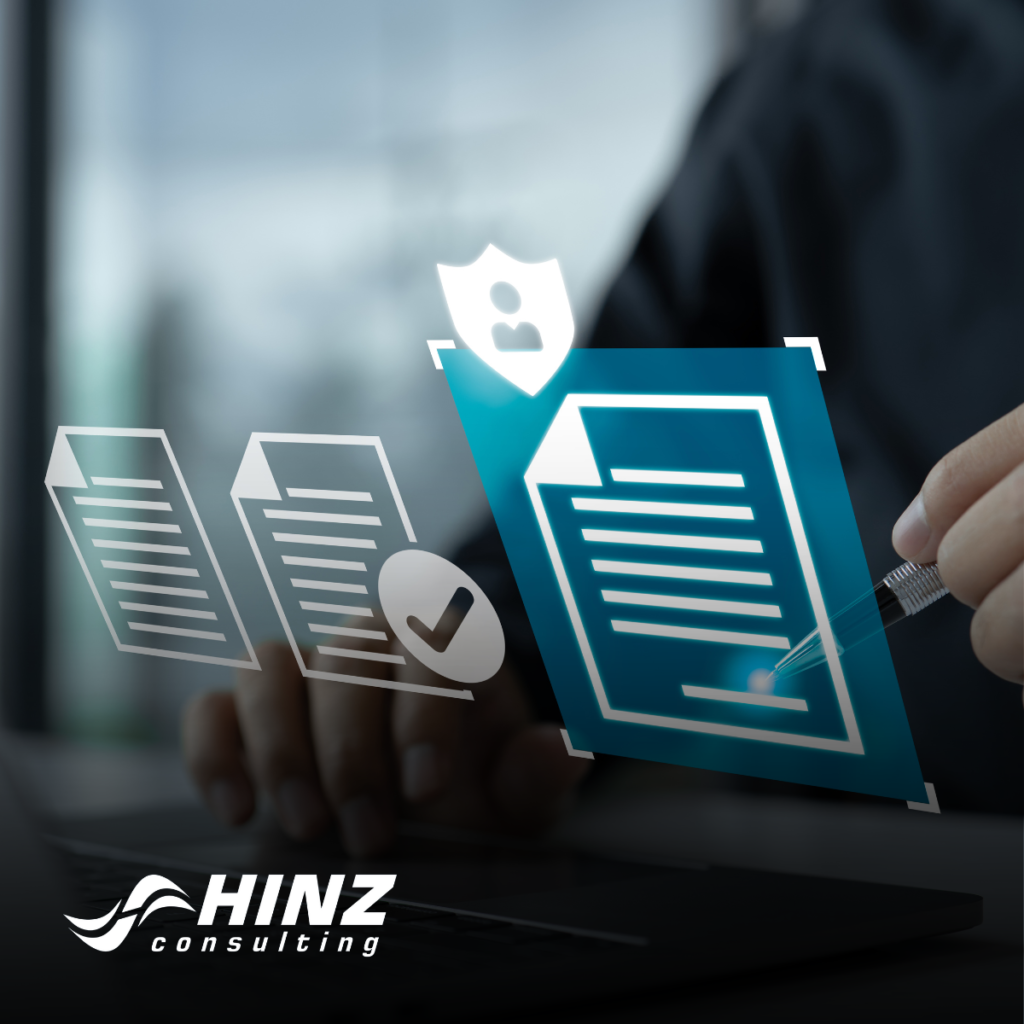What industries use LLMs?

In the dynamic world of artificial intelligence (AI), Large Language Models (LLMs) are redefining how professionals across diverse industries operate. This article explores the sectors adopting LLMs and their profound impact on various fields, with a particular focus on government contracting. Unpacking LLMs Large Language Models (LLMs), represent a subset of AI designed to excel […]
Applications Of Large Language Models

Large Language Models (LLMs) have emerged as one of the most influential innovations in artificial intelligence, reshaping various industries and significantly impacting how businesses operate. In this article, we will provide an in-depth exploration of LLMs, their various types, and how they are revolutionizing different sectors. Understanding Large Language Models Large Language Models, or LLMs, […]
What is a Large Language Model (LLM)?

What exactly is a large language model, and how does it impact industries like government proposals? In this comprehensive article, we’ll delve deep into the concept of large language models, explore their applications across various sectors, understand how businesses can harness their power to gain a competitive edge, and unravel the inner workings of these […]
Artificial Intelligence Proposals: Winning Government Contracts with AI

Artificial intelligence (AI) has become more than just a buzzword; it is a transformative force reshaping the landscape of government contracting. AI-generated proposals are playing a pivotal role in redefining the path to success for high-revenue businesses seeking government contracts. This article delves into how AI is revolutionizing the proposal development process and empowering businesses […]
How Proposal Jobs Can Benefit from Artificial Intelligence?

In the ever-evolving landscape of government contracting, the integration of Artificial Intelligence (AI) is reshaping the way proposals are created and managed. This transformative force isn’t just about enhancing the proposal development process; it’s also about redefining the roles and jobs involved. But which proposal jobs can benefit the most from AI integration, and how […]
Revolutionizing Proposal Writing: How Proposal Writers Benefit from AI

In the dynamic world of government contracting, where securing lucrative contracts can significantly impact the growth and revenue of high-revenue businesses, the role of artificial intelligence (AI) in the proposal process has emerged as a transformative force. AI isn’t just a buzzword; it’s a strategic approach that harnesses the power of AI to enhance the […]
AI Proposal Writing: The Revolution in Winning Government Contracts

In the competitive world of government contracting, where every proposal counts, the power of artificial intelligence (AI) is transforming the way businesses approach the process of proposal writing. Businesses are discovering that AI is not just a buzzword; it’s a revolution in developing government proposals. The Evolution of Proposal Writing Proposal writing for government contracts […]
How Can I Benefit from Artificial Intelligence for Proposals?

In the ever-evolving world of government contracting, businesses are constantly seeking new avenues for success. The integration of Artificial Intelligence (AI) provides a transformative path for the proposal process. Artificial Intelligence is not just a buzzword; it’s the visionary gateway to redefining how proposals are created and managed. It offers a wealth of opportunities for individuals […]
Winning Government Contracts with AI: A Game-Changer for Businesses

The integration of Artificial Intelligence (AI) is a game-changer in the proposal process. AI is not just a buzzword; it’s a strategic approach where leveraging its capabilities enhances the resulting proposal. AI provides a multitude of benefits for the professionals who craft these responses, significantly impacting their company’s growth and revenue. Defining AI in Proposal […]
Generative AI in Government Contracting

In the ever-evolving landscape of government contracting, where securing valuable contracts is a game-changer for businesses, technology has become an indispensable tool. Among the latest technological advancements making a significant impact is Generative AI. In this article, we’ll explore how Generative AI is transforming the government contracting industry, particularly in the domains of proposal development […]
